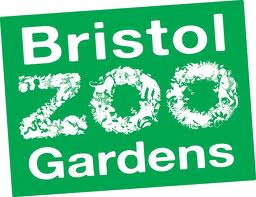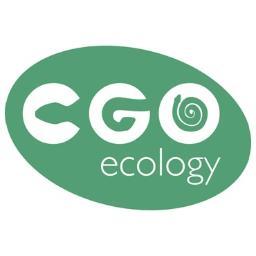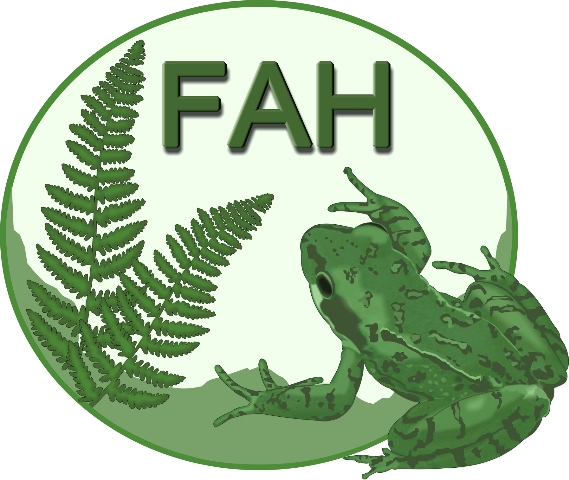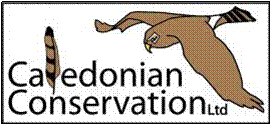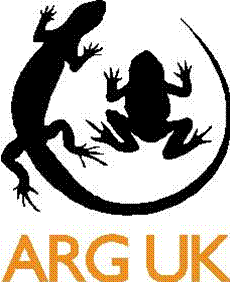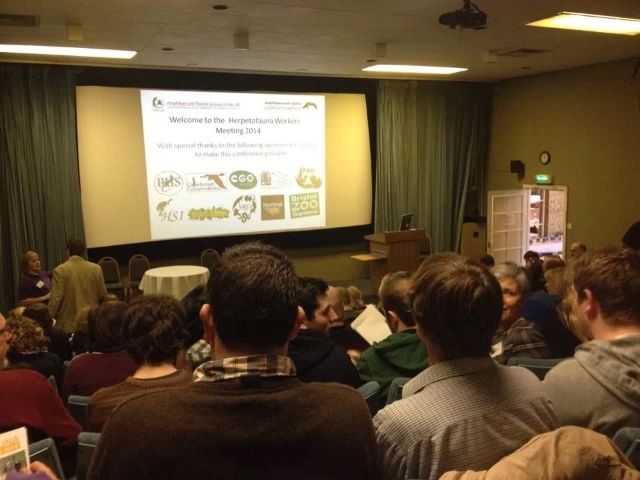 On Feb 1 & 2 2014 the annual Herpetofauna Workers' Meeting was held at Bristol Zoo, who proved superb hosts making us very welcome, and laying on a wonderful conference venue with great food and facilities as well as flamingos outside the window (not everywhere can manage that), and of course a reptile house for those who managed to get out and enjoy the surroundings.
On Feb 1 & 2 2014 the annual Herpetofauna Workers' Meeting was held at Bristol Zoo, who proved superb hosts making us very welcome, and laying on a wonderful conference venue with great food and facilities as well as flamingos outside the window (not everywhere can manage that), and of course a reptile house for those who managed to get out and enjoy the surroundings.
As ever, two jam-packed days of activities, presentations and workshops. The standard of presentations was uniformly high, so it is difficult to pick out highlights - though of course we are entitled to be biased and mention the most excellent ARG talks from Mike Brown of NMARG presenting the serious decline in sand lizard populations on the Sefton Coast, Paul Wilkinson's (Birmingham, Black Country and Staffordshire ARG) fascinating insight into the fluctuating fate of the amphibians inhabiting Fens Pools in the industrialised landscape of Pensnett Chase, and an up-date to Nigel Hand's (HART) ground breaking telemetry work with adders in the Malvern Hills.
We also heard updates from our (ARG UK & ARC) joint partnership Toadsize project, Bristol Zoo, ARC, Natural England, the Freshwater 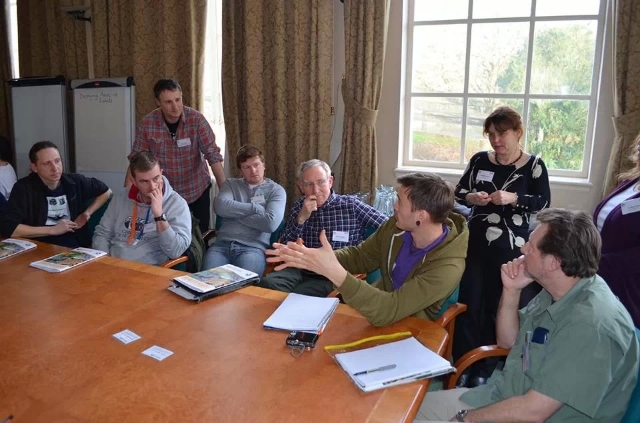 Habitats Trust and the Institute of Zoology, and from two overseas speakers: Raymond Creemers (RAVON, the Netherlands) who gave two very insightful talks on the gully pot problem in mainland Europe, with some practical solutions that we can try closer at home, and the impact of grazing on lizards; and Giancarlo Lalsingh (SOS Tobago) who provided a thought-provoking overview of turtle conservation in the Caribbean and the ways in which SOS are meeting the challenges faced by this enigmatic group of marine herps.
Habitats Trust and the Institute of Zoology, and from two overseas speakers: Raymond Creemers (RAVON, the Netherlands) who gave two very insightful talks on the gully pot problem in mainland Europe, with some practical solutions that we can try closer at home, and the impact of grazing on lizards; and Giancarlo Lalsingh (SOS Tobago) who provided a thought-provoking overview of turtle conservation in the Caribbean and the ways in which SOS are meeting the challenges faced by this enigmatic group of marine herps.
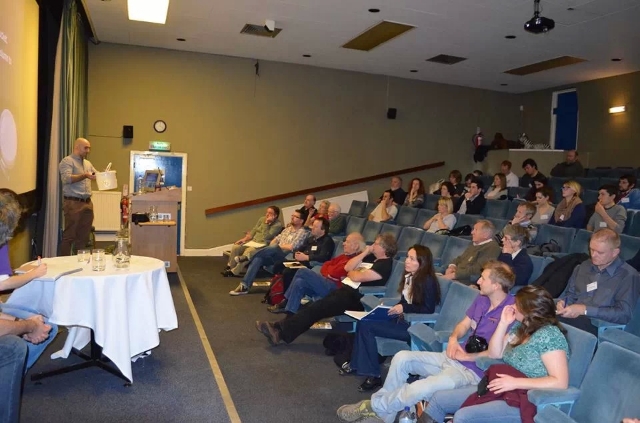 The workshops provided a focal point for exchange of news and views with the Salford University team demonstrating the latest advances in novel newt traps - (though with the advent of eDNA testing - comprehensively presented by Jeremy Biggs, there were concerns that we'd all be consigned to the pages of history), Andy Glencross and Chris Monk bringing planning legislation alive, and a ferocious debate about the pros and cons of taking live animals to public events, and how best to minimise stress to all concerned (including human volunteers) from Nigel Hand and ARC's Gary Powell.
The workshops provided a focal point for exchange of news and views with the Salford University team demonstrating the latest advances in novel newt traps - (though with the advent of eDNA testing - comprehensively presented by Jeremy Biggs, there were concerns that we'd all be consigned to the pages of history), Andy Glencross and Chris Monk bringing planning legislation alive, and a ferocious debate about the pros and cons of taking live animals to public events, and how best to minimise stress to all concerned (including human volunteers) from Nigel Hand and ARC's Gary Powell.
Finally, no meeting would be complete without the social programme and, following an 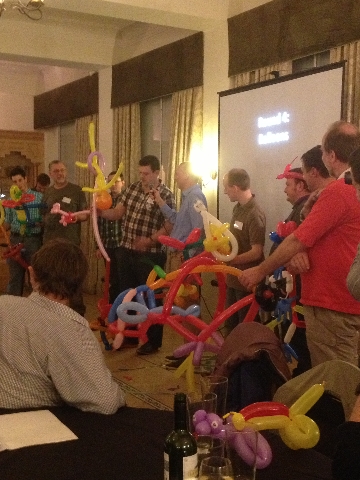 excellent gala dinner and raffle which raised over £600 to support the good work of SOS Tobago (big thank you to everyone for their generosity), Jim Foster's now legendary interactive quiz 'Have I got newts for you', took centre stage, with much merriment and conviviality (and if anybody knows what charade Trent was enacting, please do let Gail and me know).
excellent gala dinner and raffle which raised over £600 to support the good work of SOS Tobago (big thank you to everyone for their generosity), Jim Foster's now legendary interactive quiz 'Have I got newts for you', took centre stage, with much merriment and conviviality (and if anybody knows what charade Trent was enacting, please do let Gail and me know).
So, a chance to meet up with old friends and colleagues and make new ones, swop herpy stories, learn new ideas and techniques and, as we look forward to a new field season, a chance to enjoy our own unique community (all photos courtesy and copyright of Pete Hill).
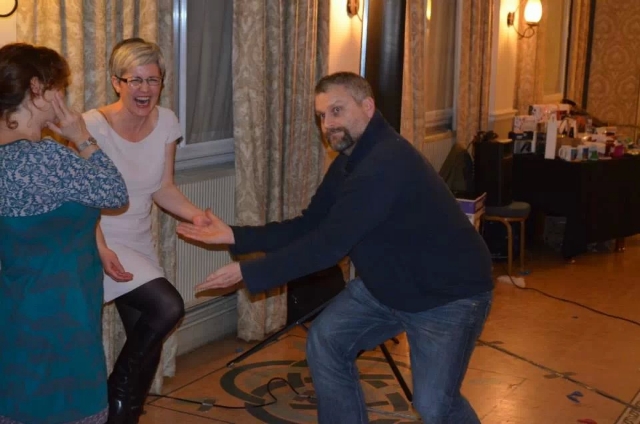
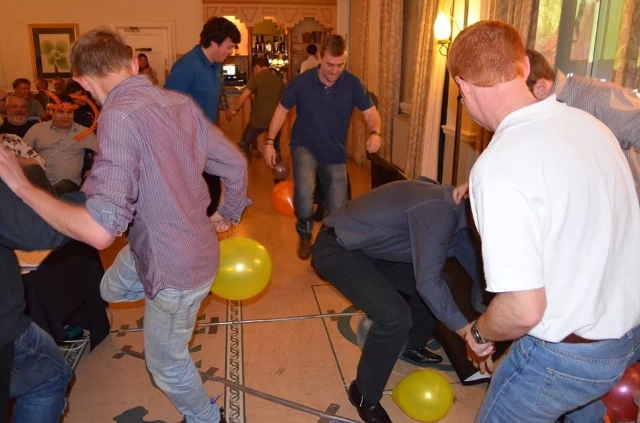
Grateful thanks to all our generous sponsors who make this meeting possible, and affordable for our volunteers, and to the ARC team, especially Ange Reynolds, for all of their hard work behind the scenes.
